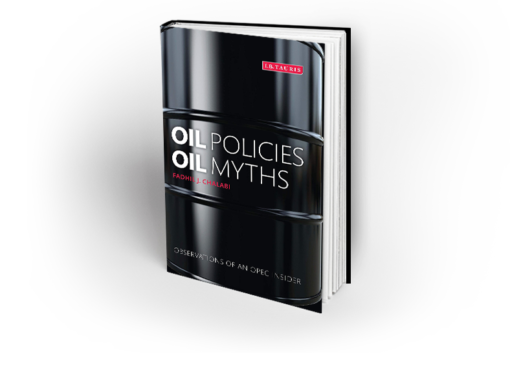Senior Iraqi Oil Expert Mr Tariq Shafiq* commenting on the Iraq Finance Minister, Mr Hoshyar Zebari’s statements on the unpublished Agreement between the Kurdistan Regional Government (KRG) and the Iraqi National Government
December 14, 20140

By DANIEL W. SMITH of Iraq Oil Report
Related Articles
September 21, 20170







Comment here